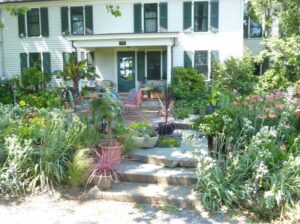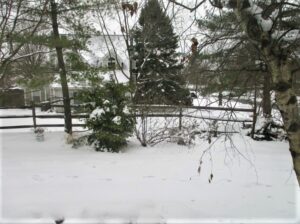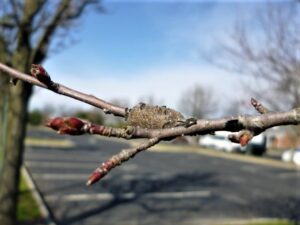KEY PLANTS vs. KEY PESTS vs. KEY LOCATIONS CONCEPT:
Landscape IPM (Integrated Pest Management) methods require site-specific information. Every landscape typically contains at least several key pests, key plants and key locations that will be unique to each site. These concepts are extremely useful to simplify monitoring procedures at any given landscape. They will enable field technicians to concentrate on plants and locations that are prone to problems as well as those plants and locations that have low aesthetic thresholds. Scouting efficiency should improve and a more productive use of time spent on landscapes is the result. It is important to emphasize that Integrated Pest Management is a philosophy & practitioners will need to develop skills & experience to improve their levels of commitment.



